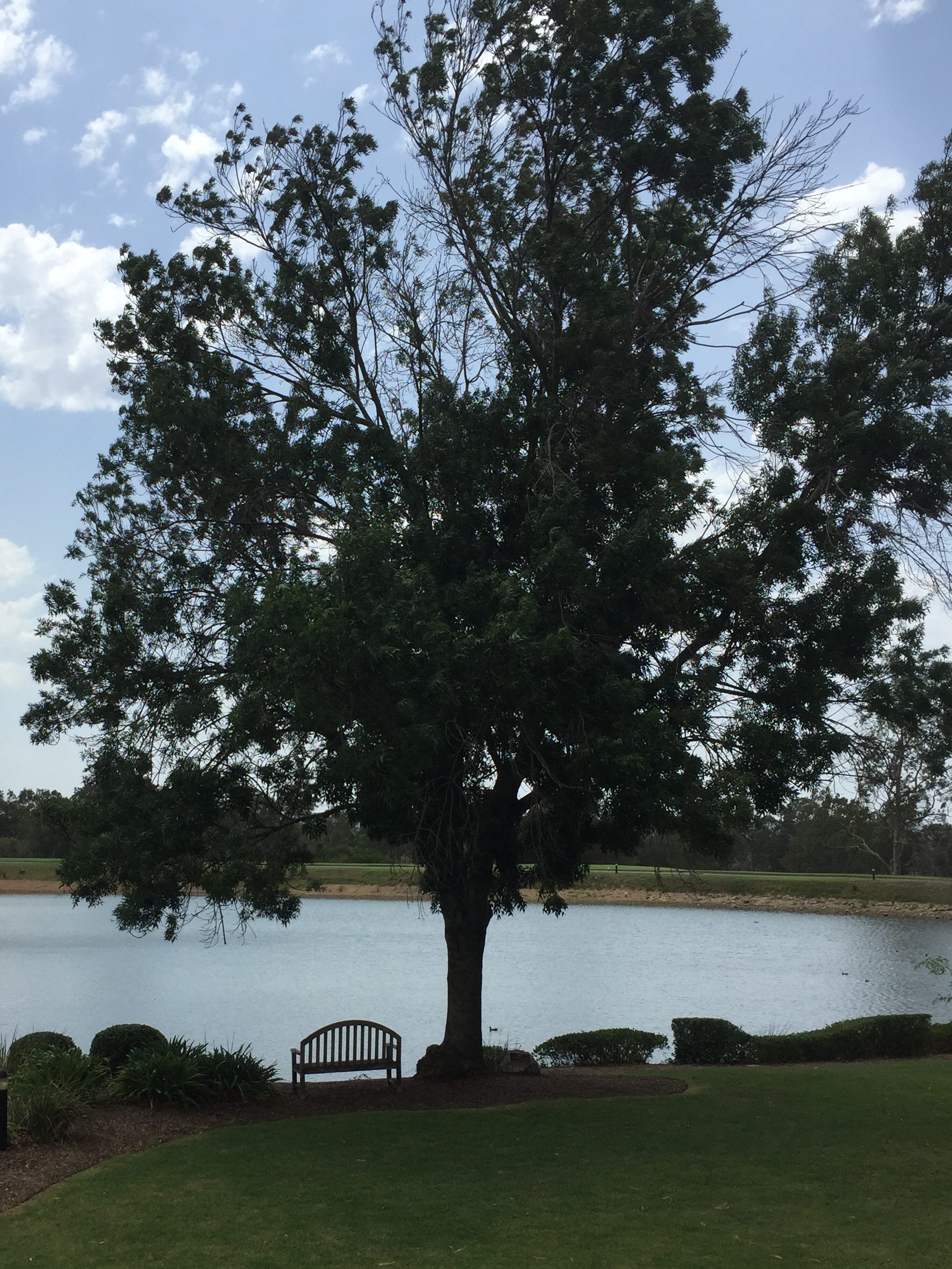
The famous psychotherapist Irvin Yalom once said that “the therapist must create a new therapy for each client”. When you spend time in therapy with me, I will be spending that time listening closely to you, verbal and non-verbally, and engaging in a way that is curious about what you have been through, how it has affected you, and what it might mean to you. I will be responding to you in a genuine way – you will see the real me too. I have a few therapies in my toolbox and will bring out what fits for you, or the ones you choose, rather than try and fit you to a particular therapy. You will be in the driver’s seat, and I will be the passenger with a few maps and navigating skills. If the road gets a bit rough, there will be a plan for safety, and strategies to help you manage.
There are two basic philosophies that underpin everything I do – constructivism and phenomenology. I believe that meaning can be created in the narratives that we tell – so it is possible for you to create the life that works for you. At the same time, I do believe there is an ‘essence’ to human experience that is possible to uncover and discover, and I enjoy being present in therapy moments – they can be very profound.
When it comes to mental health, I have lived my own journey of learning to manage distress and suffering. This has helped me to listen even more deeply to the unique journeys of others, and to create a safe space for connection and healing. It has been said that we should not ask the question “what is wrong with you?” but “what has happened to you?” Beginning as a grief counsellor, it was a natural progression for me to begin learning more about trauma and how it is best healed. Almost nothing can be worked through if trauma is in the way. Thankfully, there are some phenomenal therapies like EMDR and Brainspotting that enable trauma to be healed without the need for re-traumatising exposure or unnecessary talking about it. After all, trauma is stored in the sub-cortical, limbic area of the brain in sensory data, not in the frontal lobes as a story you can easily tell.
So, here are the therapy approaches that have formed part of my training, and which I integrate and individualise depending on what works for you:

Person-Centred Counselling
Cognitive Behavioural Therapy (CBT)
Narrative Therapy
Existential Psychotherapy
Interpersonal Psychotherapy (IPT)
Motivational Interviewing
Polyvagal Theory, Mindfulness, and Awareness of the Body Experience
3-Phased Approach to Complex Trauma
Sensorimotor Psychotherapy (new course of study 2024)
Eye Movement Desensitisation and Reprogramming (EMDR)
Brainspotting – this is proving to be the fastest, safest, most empowering trauma therapy I have yet experienced, both personally and as a therapist.
